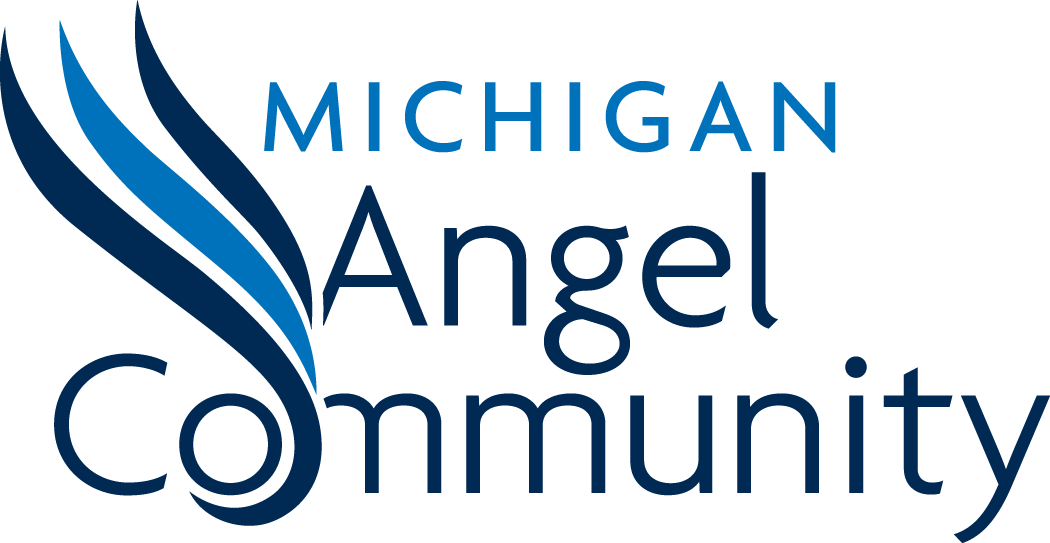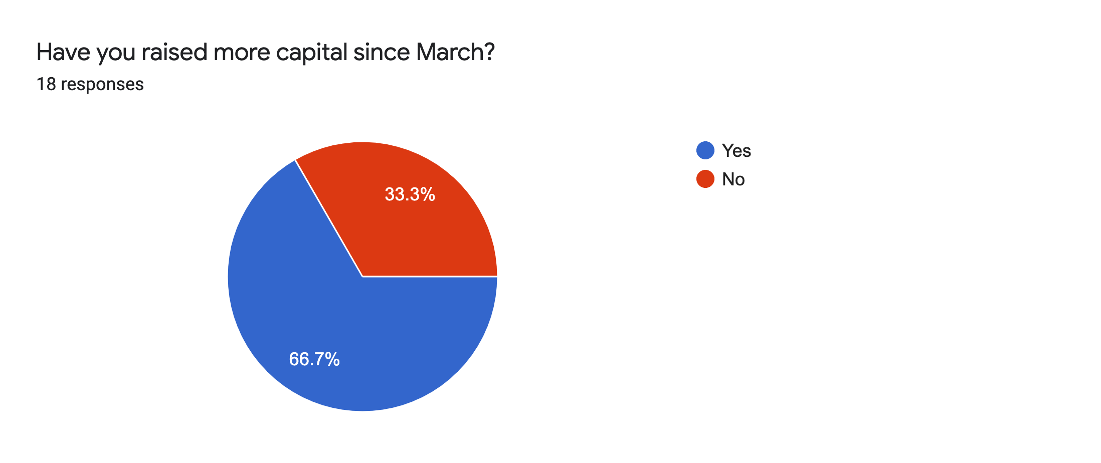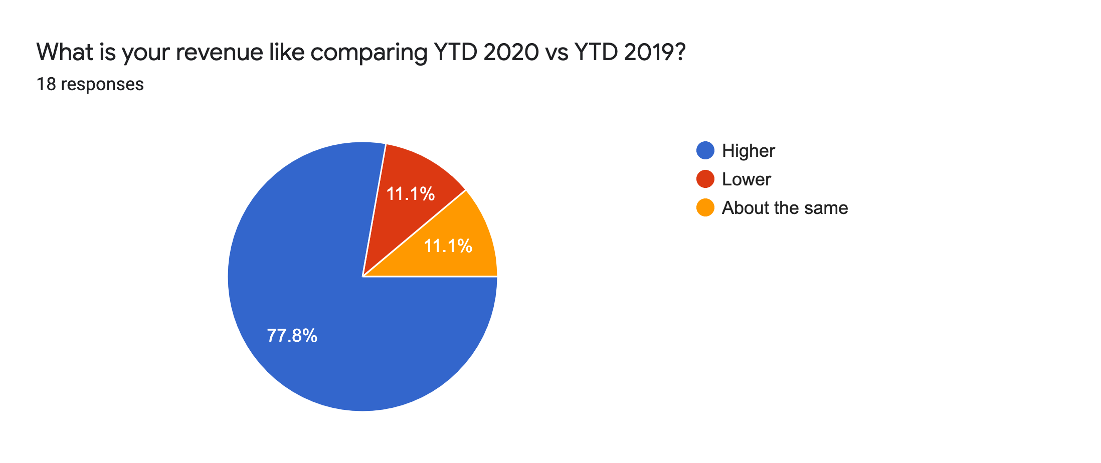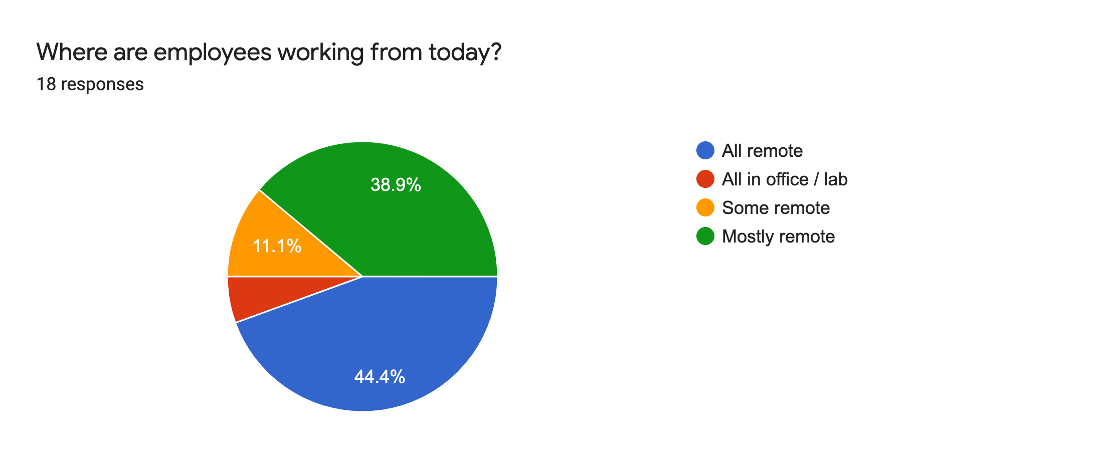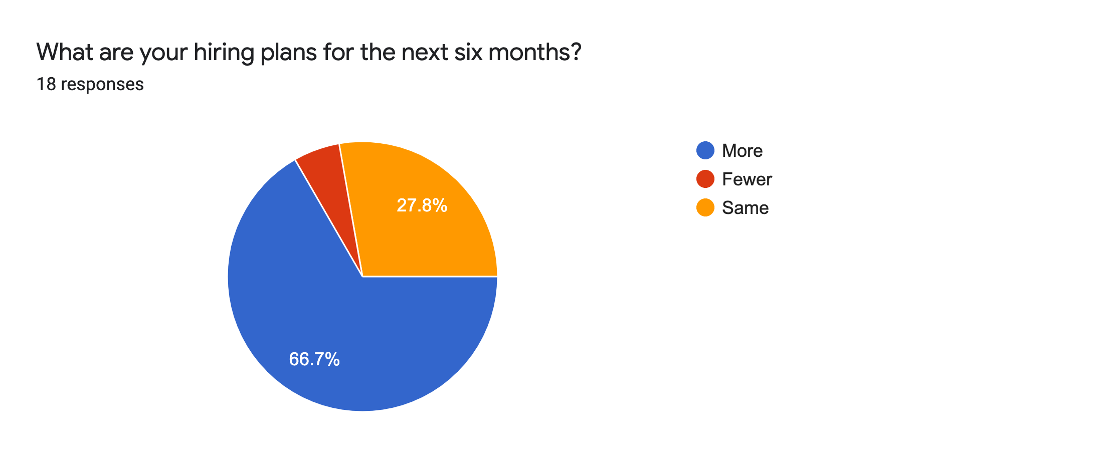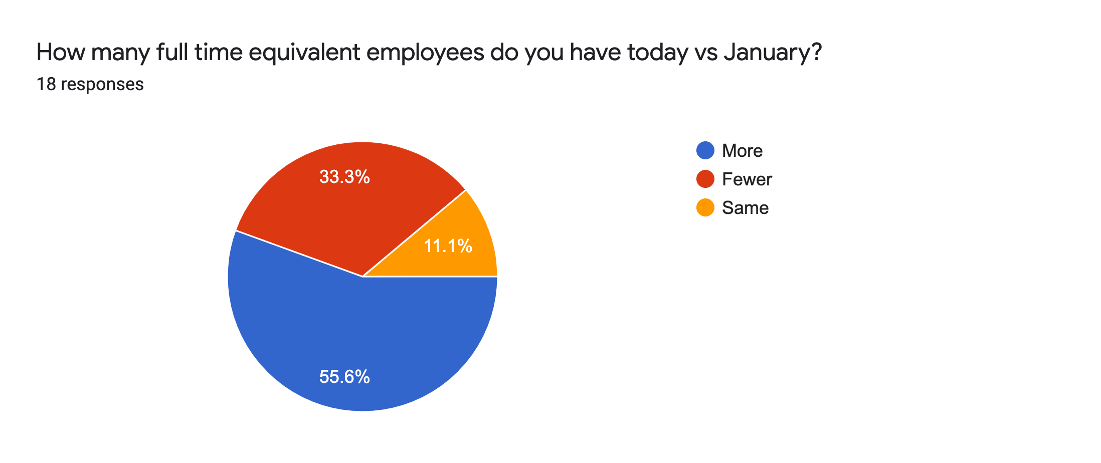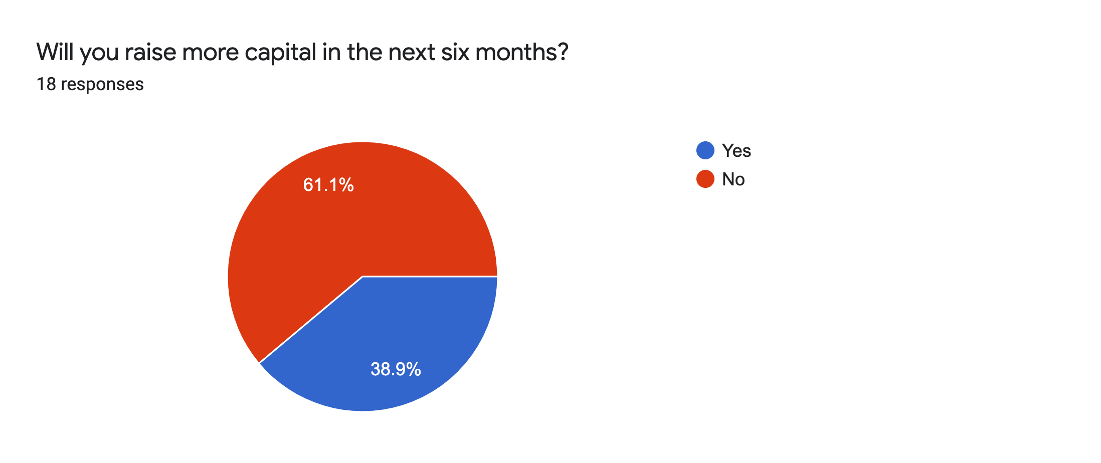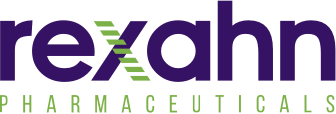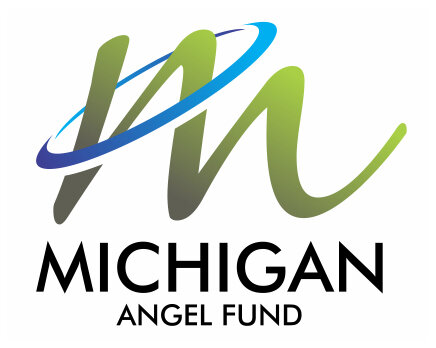Transaction to Create a Nasdaq-listed Biopharmaceutical Company Focused on Advancing Ocuphire’s Late-Stage Clinical Pipeline of Ophthalmic Drug Candidates
$21.15 Million Investment Committed by Institutional Healthcare and Accredited Investors
ROCKVILLE, Md. and FARMINGTON HILLS, Mich., June 17, 2020 (GLOBE NEWSWIRE) -- Rexahn Pharmaceuticals, Inc. (NasdaqCM: REXN) and Ocuphire Pharma, Inc., a privately-held clinical-stage ophthalmic biopharmaceutical company focused on developing and commercializing therapies for the treatment of eye disorders, today announced the companies have entered into a definitive merger agreement under which Ocuphire will merge with a wholly-owned subsidiary of Rexahn in an all-stock transaction. Following closing, which is expected to occur in the second half of 2020, the combined company will change its name to Ocuphire Pharma, Inc. and is expected to trade on the Nasdaq Capital Market under the ticker symbol “OCUP.” The combined company will focus on the advancement of its pipeline of ophthalmic drug candidates.
Certain institutional healthcare and other accredited investors, including certain Ocuphire directors and executives, have also committed to invest $21.15 million in a private placement that will close immediately prior to the closing of the merger, assuming the satisfaction or waiver of customary closing conditions. Investors in this pre-merger financing will receive Ocuphire common stock prior to closing, which will convert into Rexahn common stock upon closing of the merger. Additionally, following the closing of the merger, Rexahn will issue to these investors warrants to purchase shares of Rexahn common stock and, potentially, additional shares of Rexahn common stock.
“After completing a comprehensive review of multiple strategic alternatives, we determined that the proposed merger with Ocuphire would provide the best opportunity for Rexahn shareholders moving forward,” said Douglas J. Swirsky, President and Chief Executive Officer of Rexahn. “The decision by our management and board to choose Ocuphire to be our merger partner will allow our shareholders to participate in a dynamic company with a robust pipeline, backed by a sizeable commitment from institutional investors to continue the development of multiple drug candidates in a growing ophthalmic market.”
Ocuphire has built a pipeline of multiple product candidates with demonstrated clinical activity that target high value markets. Its lead product candidate, Nyxol® Eye Drops (“Nyxol”), is a once-daily eye drop formulation of phentolamine mesylate designed to reduce pupil diameter and improve visual acuity. Nyxol is being developed to treat dim light or night vision disturbances, pharmacologically-induced mydriasis, and presbyopia. Ocuphire’s second product candidate, APX3330, is a twice-a-day oral tablet, designed to target multiple pathways relevant to retinal diseases, such as diabetic retinopathy and diabetic macular edema. Ocuphire plans to initiate two Phase 3 registration trials and two Phase 2 trials across four indications in the second half of 2020, expecting top-line results to read out as early as the first quarter of 2021 and throughout the remainder of 2021.
“This merger is transformative for Ocuphire as we look to advance our late-clinical stage small molecule ophthalmic pipeline, with multiple Phase 3 and Phase 2 clinical data catalysts expected in 2021,” said Mina Sooch, President and CEO of Ocuphire. “We believe the target product profiles of our two product candidates, Nyxol and APX3330, collectively studied in 18 clinical trials and each with large market potentials, creates an opportunity for Ocuphire to become a leading ophthalmic company focused on improving vision and clarity.”
About the Proposed Transaction
Under the terms of the merger agreement, subject to the satisfaction or waiver of customary closing conditions, including (i) the receipt of the required approval of the Ocuphire stockholders and Rexahn stockholders, (ii) the closing of the pre-merger financing and (iii) Rexahn having a minimum amount of net cash at closing, Ocuphire will merge with a wholly-owned subsidiary of Rexahn, with Ocuphire surviving the merger as a wholly-owned subsidiary of Rexahn.
Upon completion of the merger, Ocuphire stockholders will receive newly issued shares of Rexahn common stock pursuant to an exchange ratio formula set forth in the merger agreement. Under the terms of the merger agreement, immediately following the consummation of the merger, Rexahn’s then-current stockholders would own approximately 14.3% of the combined company’s common stock, and the former Ocuphire securityholders would own approximately 85.7% of the combined company’s common stock, in each case calculated on a fully-diluted basis, assuming Rexahn’s net cash balance at closing is between $3.2 million and $6.0 million. The exchange ratio formula in the merger agreement is subject to adjustment for every $100,000 that Rexahn’s actual net cash balance at closing is less than $3.2 million or more than $6.0 million. Based on Rexahn’s current estimates, Rexahn believes that it is reasonably likely to deliver significantly less than $3.2 million at closing. If, for example, Rexahn’s actual net cash balance at closing is $0, which is the minimum amount of net cash that Rexahn is required to deliver at closing, then immediately following the consummation of the merger, Rexahn’s then-current stockholders would own approximately 11.2% of the combined company’s common stock, and the former Ocuphire securityholders would own approximately 88.8% of the combined company’s common stock, in each case calculated on a fully-diluted basis. Under the terms of the merger agreement, Rexahn’s stockholders’ ownership percentage in the combined company is subject to a floor of 9.1% regardless of Rexahn’s actual net cash balance at closing, assuming Ocuphire waives the minimum net cash requirement at closing. These ownership percentages give effect to the shares of Ocuphire common stock that will be issued to investors in the premerger financing prior to the closing of the merger, but do not account for any additional shares of Rexahn common stock that may be issued following the closing or the warrants issuable to investors after closing. As a result, Ocuphire securityholders and holders of Rexahn common stock could own less of the combined company than currently contemplated.
In addition, immediately prior to the closing of the merger, Rexahn stockholders of record will be issued contingent value rights representing the right to receive, during the 15-year period after the closing of the merger, (i) 90% of payments received by the combined company pursuant to its licensing agreements with BioSense Global LLC and Zhejiang HaiChang Biotechnology Co., Ltd., and (ii) 75% of the proceeds received by the combined company from the monetization of Rexahn’s existing intellectual property during the 10-year period after the closing of the merger, in each case, less certain permitted deductions. The merger agreement has been unanimously approved by the boards of directors of each company. Following the merger, Mina Sooch will be appointed to serve as the post-merger combined company’s president and chief executive officer. The board of directors for the post-merger combined company will be comprised of seven directors, one of whom will be Richard Rodgers, a current member of the Rexahn board of directors, and the remaining six directors will include existing Ocuphire board members and an additional director designated by Ocuphire.
Oppenheimer & Co. Inc. is acting as financial advisor to Rexahn for the merger transaction, and Hogan Lovells US LLP is serving as legal counsel to Rexahn. Cantor Fitzgerald & Co. and Canaccord Genuity LLC are acting as co-lead placement agents and financial advisors to Ocuphire in connection with the private placement, and Honigman LLP is serving as legal counsel to Ocuphire.
About Ocuphire Pharma, Inc.
Ocuphire is a privately-held, clinical-stage ophthalmic biopharmaceutical company focused on developing and commercializing therapies for the treatment of several eye disorders. Ocuphire’s pipeline currently includes two small-molecule product candidates targeting front and back of the eye indications. The company’s lead product candidate, Nyxol® Eye Drops, is a once-daily preservative-free eye drop formulation of phentolamine mesylate, a nonselective alpha-1 and alpha-2 adrenergic antagonist designed to reduce pupil size, and is being developed for several indications, including dim light or night vision disturbances, pharmacologically-induced mydriasis, and presbyopia. Ocuphire’s second product candidate, APX3330, is a twice-a-day oral tablet, designed to inhibit angiogenesis and inflammation pathways relevant to retinal and choroidal vascular diseases, such as diabetic retinopathy and diabetic macular edema. As part of its strategy, Ocuphire will continue to explore opportunities to acquire additional ophthalmic assets and to seek strategic partners for late stage development, regulatory preparation and commercialization of drugs in key global markets. Please visit www.clinicaltrials.gov to learn more about Ocuphire’s recent Phase 2 clinical trials. For more information, please visit www.ocuphire.com.
About Rexahn Pharmaceuticals, Inc.
Rexahn Pharmaceuticals Inc. (NasdaqCM: REXN) is a biotechnology company that has been focused on the development of innovative therapies to improve patient outcomes in cancers that are difficult to treat. For additional information, please visit www.rexahn.com. Important Additional Information Will be Filed with the SEC In connection with the proposed transaction between Rexahn and Ocuphire, the parties intend to file relevant materials with the SEC, including a registration statement on Form S-4 that will contain a combined proxy statement/prospectus/information statement. INVESTORS AND STOCKHOLDERS OF REXAHN AND OCUPHIRE ARE URGED TO READ THESE MATERIALS CAREFULLY AND IN THEIR ENTIRETY WHEN THEY BECOME AVAILABLE BECAUSE THEY WILL CONTAIN IMPORTANT INFORMATION ABOUT REXAHN, OCUPHIRE, THE PROPOSED MERGER AND RELATED MATTERS. Investors and stockholders will be able to obtain free copies of the proxy statement/prospectus/information statement and other documents filed by Rexahn with the SEC (when they become available) through the website maintained by the SEC at www.sec.gov. In addition, investors and stockholders will be able to obtain free copies of the proxy statement/prospectus/information statement and other documents filed by Rexahn with the SEC by contacting Rexahn by written request to: Rexahn Pharmaceuticals, Inc., 15245 Shady Grove Road, Suite 455, Rockville, Maryland, 20850, Attention: Corporate Secretary. Investors and stockholders are urged to read the proxy statement/prospectus/information statement and the other relevant materials when they become available before making any voting or investment decision with respect to the proposed transaction.
No Offer or Solicitation
This communication shall not constitute an offer to sell, the solicitation of an offer to sell or an offer to buy or the solicitation of an offer to buy any securities, nor shall there be any sale of securities in any jurisdiction in which such offer, solicitation or sale would be unlawful prior to registration or qualification under the securities laws of any such jurisdiction. No offer of securities shall be made except by means of a prospectus meeting the requirements of Section 10 of the Securities Act of 1933, as amended.
Participants in the Solicitation
Rexahn and its directors and executive officers, and Ocuphire and its directors and executive officers may be deemed to be participants in the solicitation of proxies from the stockholders of Rexahn in connection with the proposed merger under the rules of the SEC. Information regarding the special interests of these directors and executive officers in the proposed merger will be included in the proxy statement/prospectus/information statement referred to above. Additional information about Rexahn’s directors and executive officers is included in Rexahn’s Annual Report on Form 10-K for the fiscal year ended December 31, 2019, filed with the SEC on February 21, 2020, as amended on April 29, 2020, and in subsequent documents filed with the SEC, including the proxy statement/prospectus/information statement referred to above. Additional information regarding the persons who may be deemed participants in the proxy solicitations and a description of their direct and indirect interests in the proposed merger, by security holdings or otherwise, will also be included in the proxy statement/prospectus/information statement and other relevant materials to be filed with the SEC when they become available. These documents are available free of charge at the SEC website (www.sec.gov) and from the Corporate Secretary of Rexahn at the address above.
Important Cautionary Statements about Forward Looking Statements
This press release contains forward-looking statements (including within the meaning of Section 21E of the Securities Exchange Act of 1934, as amended, and Section 27A of the Securities Act of 1933, as amended) concerning Rexahn, Ocuphire, the proposed merger, the contingent value rights, the pre-merger financing and other matters, including without limitation: statements relating to the satisfaction of the conditions to and consummation of the proposed merger, the expected timing of the consummation of the proposed merger and the expected ownership percentages of the combined company, Rexahn’s and Ocuphire’s respective businesses, the strategy of the combined company, future operations, advancement of its product candidates and product pipeline, clinical development of the combined company’s product candidates, including expectations regarding timing of initiation and results of clinical trials of the combined company, the ability of Rexahn to remain listed on the Nasdaq Stock Market, the completion of any financing and the receipt of any payments under the contingent value rights. These statements may discuss goals, intentions and expectations as to future plans, trends, events, results of operations or financial condition, or otherwise, based on current beliefs of the management of Rexahn and Ocuphire, as well as assumptions made by, and information currently available to, management. Forward-looking statements generally include statements that are predictive in nature and depend upon or refer to future events or conditions, and include words such as “may,” “will,” “should,” “would,” “expect,” “anticipate,” “plan,” “likely,” “believe,” “estimate,” “project,” “intend,” or the negative of these terms and other similar expressions. Statements that are not historical facts are forward-looking statements. Forward-looking statements are based on current beliefs and assumptions that are subject to risks and uncertainties and are not guarantees of future performance.
Actual results could differ materially from those contained in any forward-looking statement as a result of various factors, including, without limitation: (i) the risk that the conditions to the closing are not satisfied, including the failure to obtain stockholder approval for the proposed merger in a timely manner or at all; (ii) uncertainties as to the timing of the consummation of the proposed merger and the ability of each of Rexahn and Ocuphire to consummate the proposed merger, including completing the pre-merger financing; (iii) risks related to Rexahn’s ability to correctly estimate its expected net cash at closing and estimate and manage its operating expenses and its expenses associated with the proposed merger pending closing; (iv) risks related to the calculation of the estimated warrant liability of Rexahn’s net cash amount being impacted by the trading price of a share of Rexahn common stock on Nasdaq on the calculation date and its impact on Rexahn’s expected net cash at closing; (v) Rexahn’s ability to meet the minimum net cash requirement at closing; (vi) risks related to Rexahn’s continued listing on the Nasdaq Capital Market until closing of the proposed merger; (vii) risks related to the failure or delay in obtaining required approvals from any governmental or quasi-governmental entity necessary to consummate the proposed merger; (viii) the risk that as a result of adjustments to the exchange ratio, Rexahn stockholders or Ocuphire stockholders could own less of the combined company than is currently anticipated; (ix) risks related to the market price of Rexahn common stock relative to the exchange ratio; (x) the risk that the conditions to payment under the contingent value rights will not be met and that the contingent value rights may otherwise never deliver any value to Rexahn stockholders; (xi) risks associated with the possible failure to realize certain anticipated benefits of the proposed merger, including with respect to future financial and operating results; (xii) the ability of Rexahn or Ocuphire to protect their respective intellectual property rights; (xiii) competitive responses to the merger and changes in expected or existing competition; (xiv) unexpected costs, charges or expenses resulting from the proposed merger; (xv) potential adverse reactions or changes to business relationships resulting from the announcement or completion of the proposed merger; (xvi) the success and timing of regulatory submissions and pre-clinical and clinical trials; (xvii) regulatory requirements or developments; (xviii) changes to clinical trial designs and regulatory pathways; (xix) changes in capital resource requirements; (xx) risks related to the inability of the combined company to obtain sufficient additional capital to continue to advance its product candidates and its preclinical programs; (xxi) legislative, regulatory, political and economic developments, and (xxii) the effects of COVID-19 on clinical programs and business operations.
The foregoing review of important factors that could cause actual events to differ from expectations should not be construed as exhaustive and should be read in conjunction with statements that are included herein and elsewhere, including the risk factors included in Rexahn’s most recent Annual Report on Form 10-K, Quarterly Reports on Form 10-Q and Current Reports on Form 8-K filed with the SEC. Neither Rexahn nor Ocuphire can give assurance that the conditions to the merger will be satisfied. You should not place undue reliance on these forward-looking statements, which are made only as of the date hereof or as of the dates indicated in the forward-looking statements. Except as required by applicable law, neither Rexahn nor Ocuphire undertakes any obligation to revise or update any forward-looking statement, or to make any other forward-looking statements, whether as a result of new information, future events or otherwise.
CONTACTS: Mina Sooch, President & CEO
Ocuphire Pharma, Inc.
(248) 681-9815
msooch@ocuphire.com
Douglas Swirsky, President & CEO
Rexahn Pharmaceuticals, Inc.
(240) 268-5300
swirskyd@rexahn.com
Source: Rexahn Pharmaceuticals, Inc.
